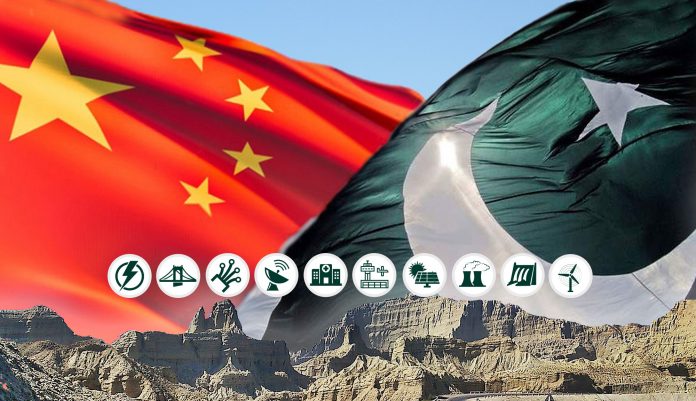ISLAMABAD: The government remains optimistic about CPEC amidst provincial and regional concerns of tax exemptions to a Chinese company and lack of clarity in CPEC projects.
Special Economic Zones (SEZs) are to be formed under the second phase of CPEC industrial development. Furthermore, to ensure CPEC security, the federal government will establish offices of Intelligence Bureau all over Pakistan. China is willing to include Afghanistan in CPEC, meanwhile, Pakistan’s Prime Minister proposed linking CPEC to SCO’s six approved routes.
These were some of the key developments occurring in February 2018. The findings have been shared in the CPEC monthly monitor, released by CPEC Watch, an initiative of Pak Institute for Peace Studies (PIPS), an Islamabad-based think tank. Every month, CPEC Watch releases a monthly monitor summarising key developments occurring around China-Pakistan Economic Corridor.
Some of the salient developments for February 2018 include the two-day CPEC cultural caravan festival held in Islamabad to promote an image of the mega-project as a trade and sociocultural connector.
The government has projected CPEC having great potential in promoting regional and global trade. Internally though, voices are still raised in small provinces and regions especially Balochistan and Gilgit Baltistan, as well as among local industrialists, about one or another aspect of CPEC transparency; the latter, for instance, questioned the rationale of granting tax exemptions to a Chinese company or giving second priority to the local industry.
CPEC is now entering the phase where Special Economic Zones (SEZs) will be developed. Both sides are now calling for promptly laying them down. To avoid long bureaucratic procedures for CPEC-related proceedings, China has urged Pakistan for “one-window operation” similar to a free zone in Dubai, where all permissions can be obtained in a week.
China wants to include Afghanistan and has decided to form a regional forum including Pakistan, Afghanistan, and Tajikistan.




